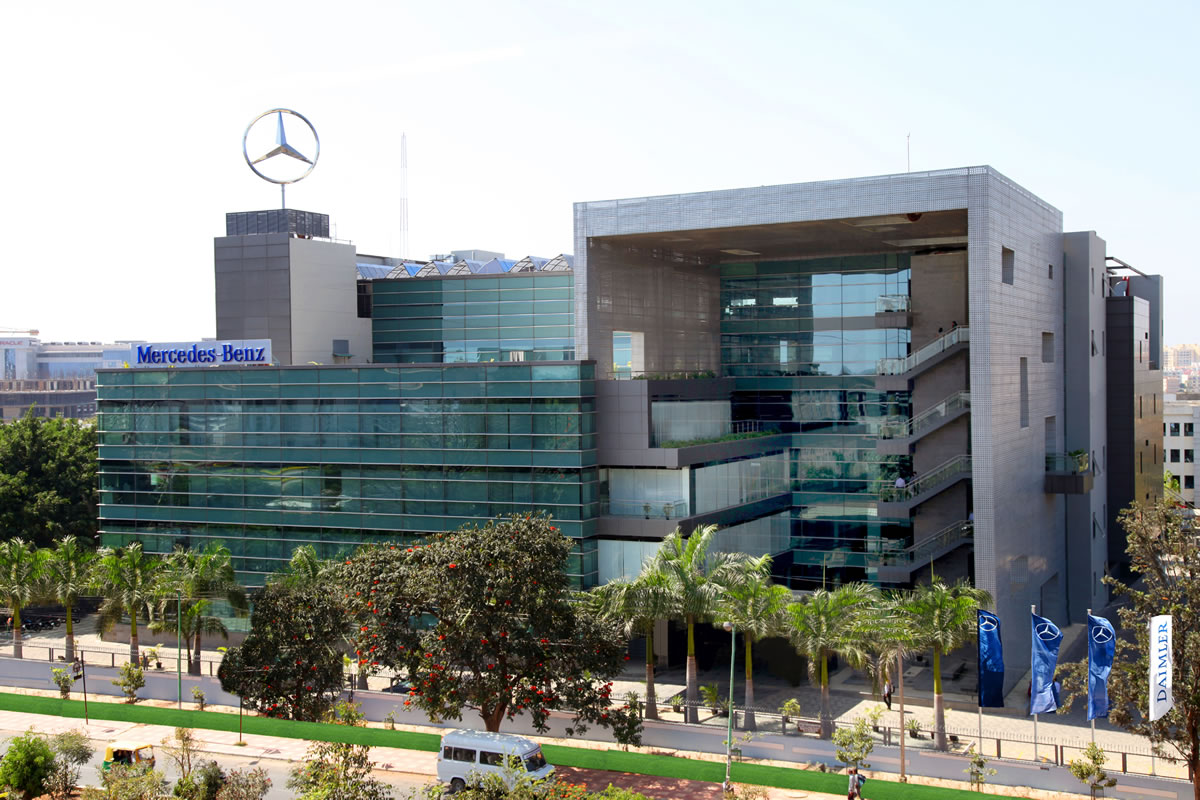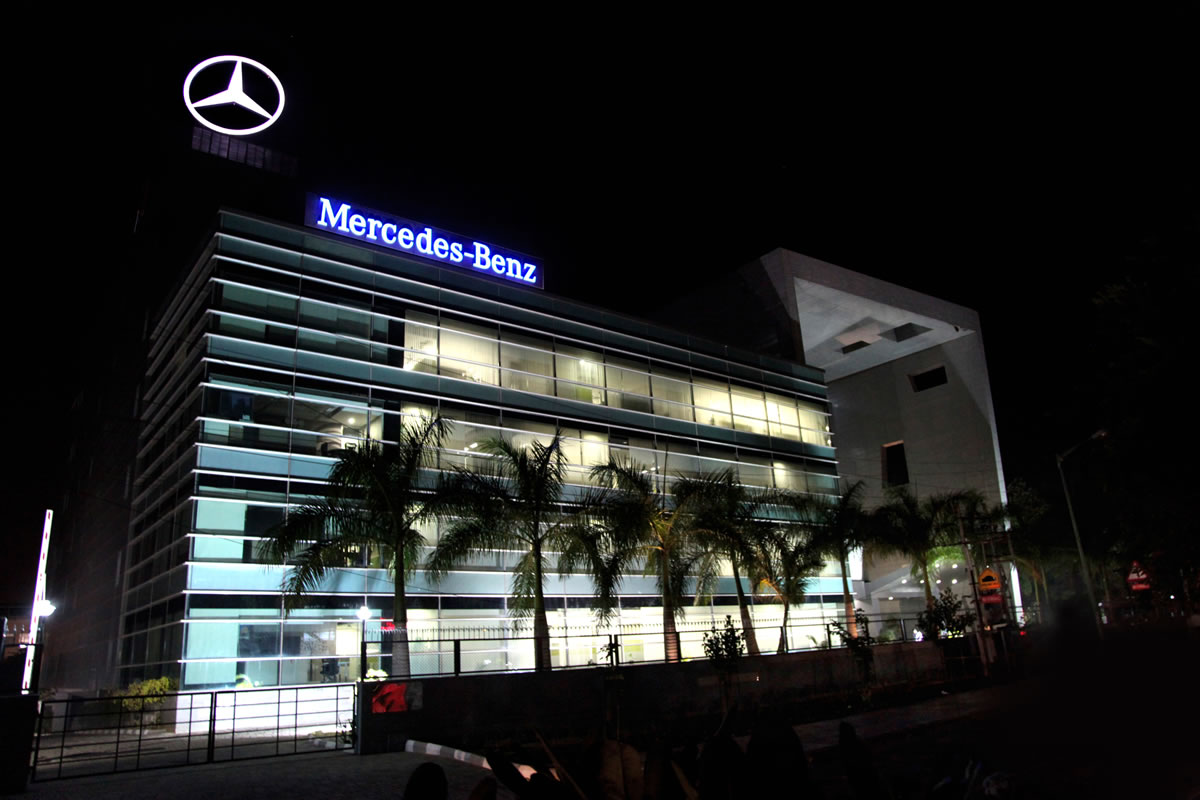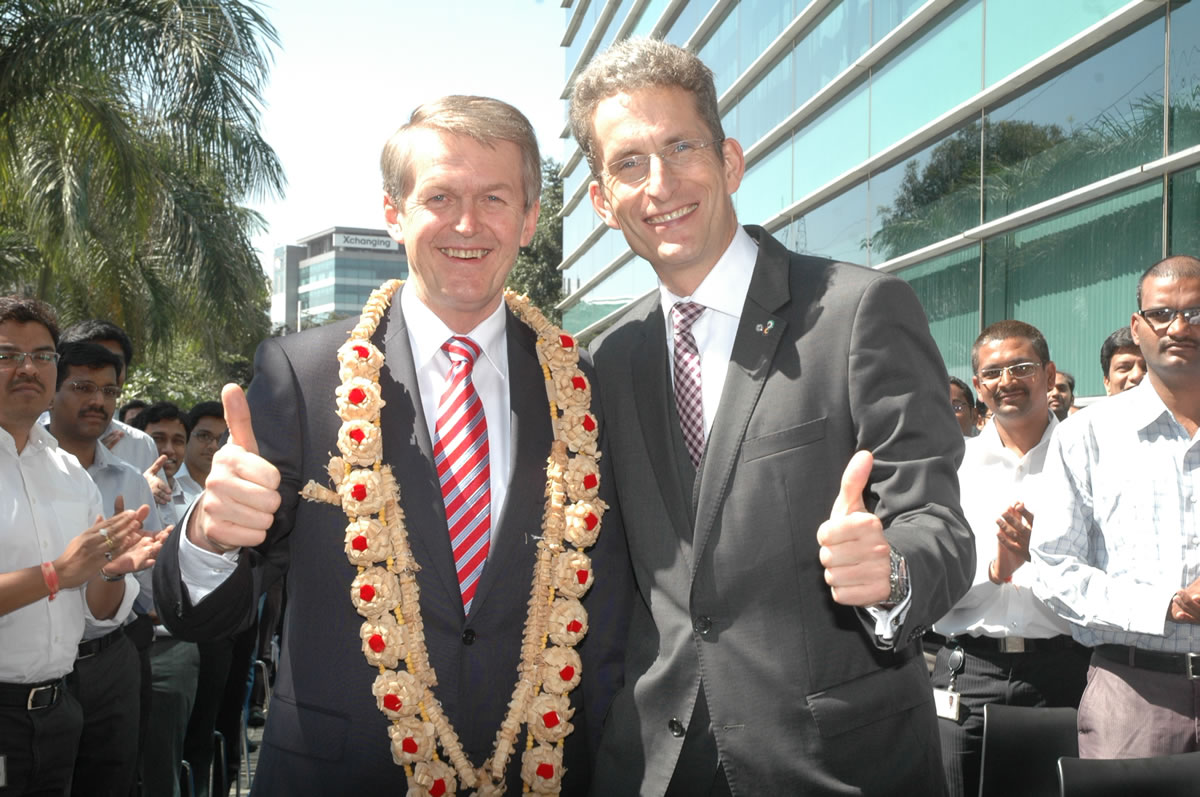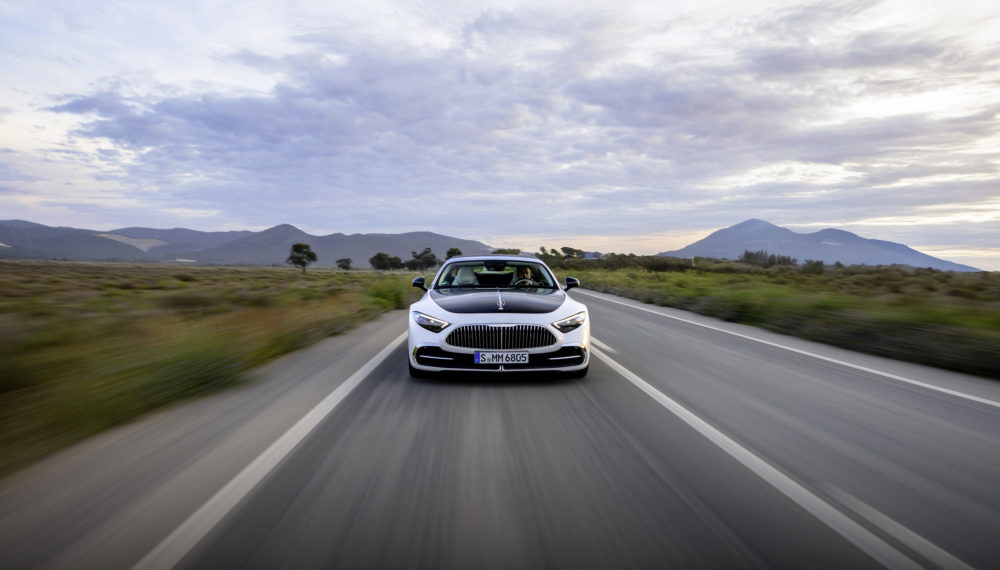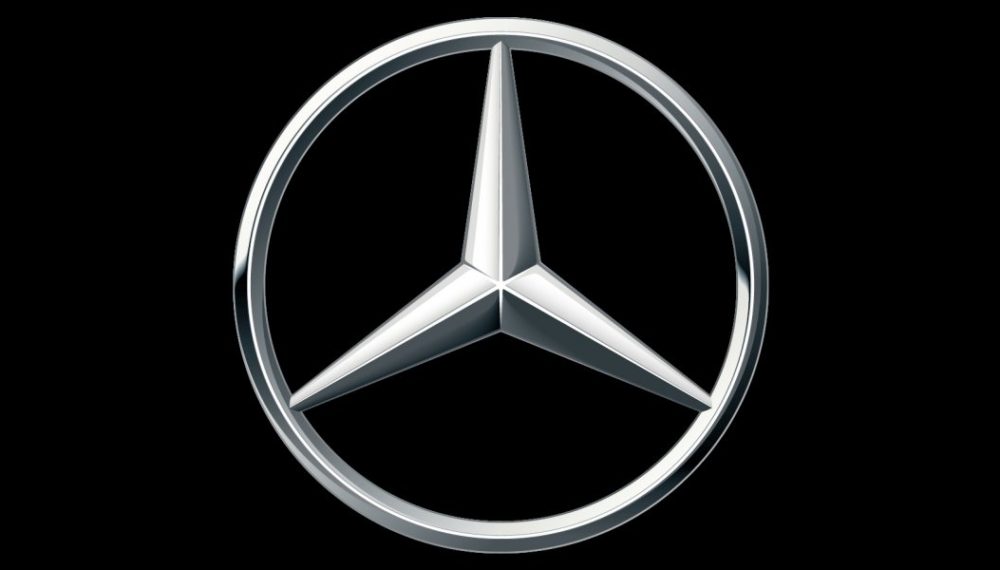Mercedes-Benz Research and Development India Center officially opened its new site in Bangalore today. Outside of German, MBRDI is the largest Daimler research and development with 1,200 employees. It is also is the largest and most modern center run by any German car manufacturer in India.
The company’s Group Research and Mercedes-Benz Cars Development unit is strengthening its international knowledge network as part of the Mercedes-Benz 2020 growth strategy. Already today, research and development staff is working at 22 sites in eight countries in order to meet the challenges of the future. Around 21,000 people work in research and development within the Daimler AG, including 4,300 outside Germany, creating a vast pool of knowledge covering a wide range of disciplines.

Mercedes-Benz Research and Development Center India
“Our new centre of competence in Bangalore gives us direct access to a highly qualified workforce and excellent networking with the locally based international and national supply industry,” states Prof. Dr. Thomas Weber, member of the Board of Management of Daimler AG, responsible for Group Research and Mercedes-Benz Cars Development. “With enormous growth potential, India is one of the core markets within our global strategy Mercedes-Benz 2020. With our new research site MBRDI we are further expanding our presence on the market, in order to be closer to the customer also in terms of research and development.”
MBRDI started off with just ten employees in 1996 and has since transformed itself from a purely research-based site for IT and vehicle electrics/electronics into a centre of competence with know-how in the fields of design (Computer Aided Design), simulation (Computer Aided Engineering), electrics/electronics (EE) and information technology (IT) for all divisions across the Daimler AG. The Indian site MBRDI filed 50 patent applications in 2012 alone.
“Our international research and development sites are the perfect complement to the R&D activities in Germany, helping to ensure the long-term success and the competitiveness of our traditional research and development sites,” adds Professor Weber.

Mercedes-Benz Research and Development Center India
One project that exemplifies the cooperation between the world-wide sites is the “Human Body Modelling” (HBM) simulation tool, which was developed in close collaboration with the German research and development sites. In accident simulations, HBM enables a wide range of parameters to be taken into account, such as biomechanics, physical properties of the human body and many different crash situations. This globally unique system therefore allows evaluation of very complex accident situations and thus helps to make vehicle designs even safer by considering numerous different factors.
Wilfried Porth, Management BoardMember for Human Resources, Labor Relations Director and responsible for IT at Daimler AG:”The close cooperation between our global R&D sites is of major strategic importance. It is only possible with a strong and integrated IT structure. Bangalore is a crucial part of our global IT landscape, both in engineering and non-engineering. We will use this IT know-how of the Indian “Silicon Valley” for the whole Daimler Group in order to support our profitability and growth.”

Mercedes-Benz Research and Development Center India
Global knowledge network
The company has representation wherever the centres of competence for relevant fields of knowledge are based – with highly qualified researchers and the appropriate “scientific community”. Other local focal points of development are situated near the key production plants. These international activities focus on creating direct benefit for the customer through greater innovative pace and strength as well as shorter development times. This enables tailored solutions for particular growth markets.
The global knowledge network and the high level of investment in research and technology are essential investments in the future of the automobile and, therefore, in the competitiveness of the entire Daimler AG. In 2012, as in the prior year, Daimler invested €5.6 billion in research and development, with further investment totalling €10.8 billion planned for the period 2013 to 2014.
